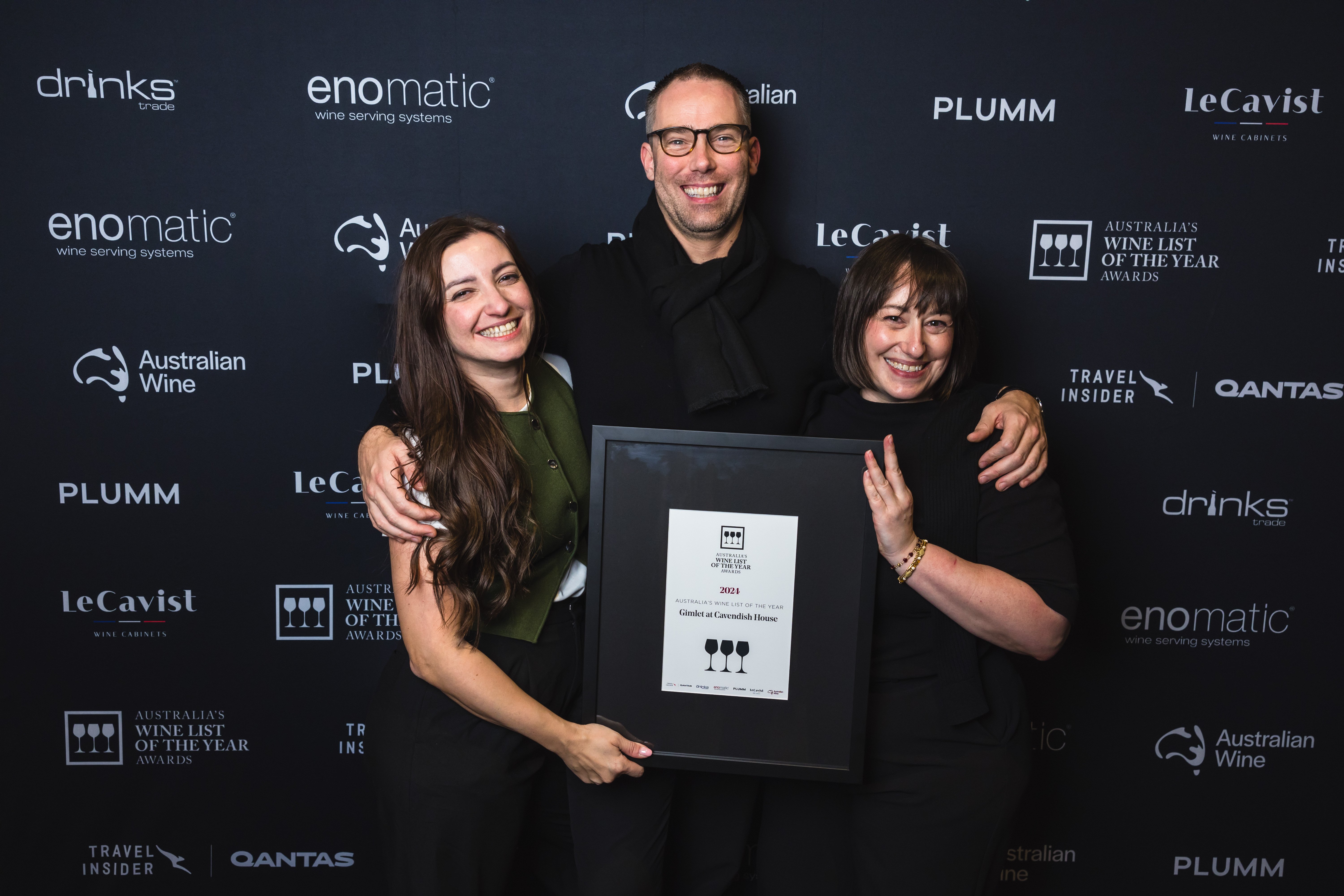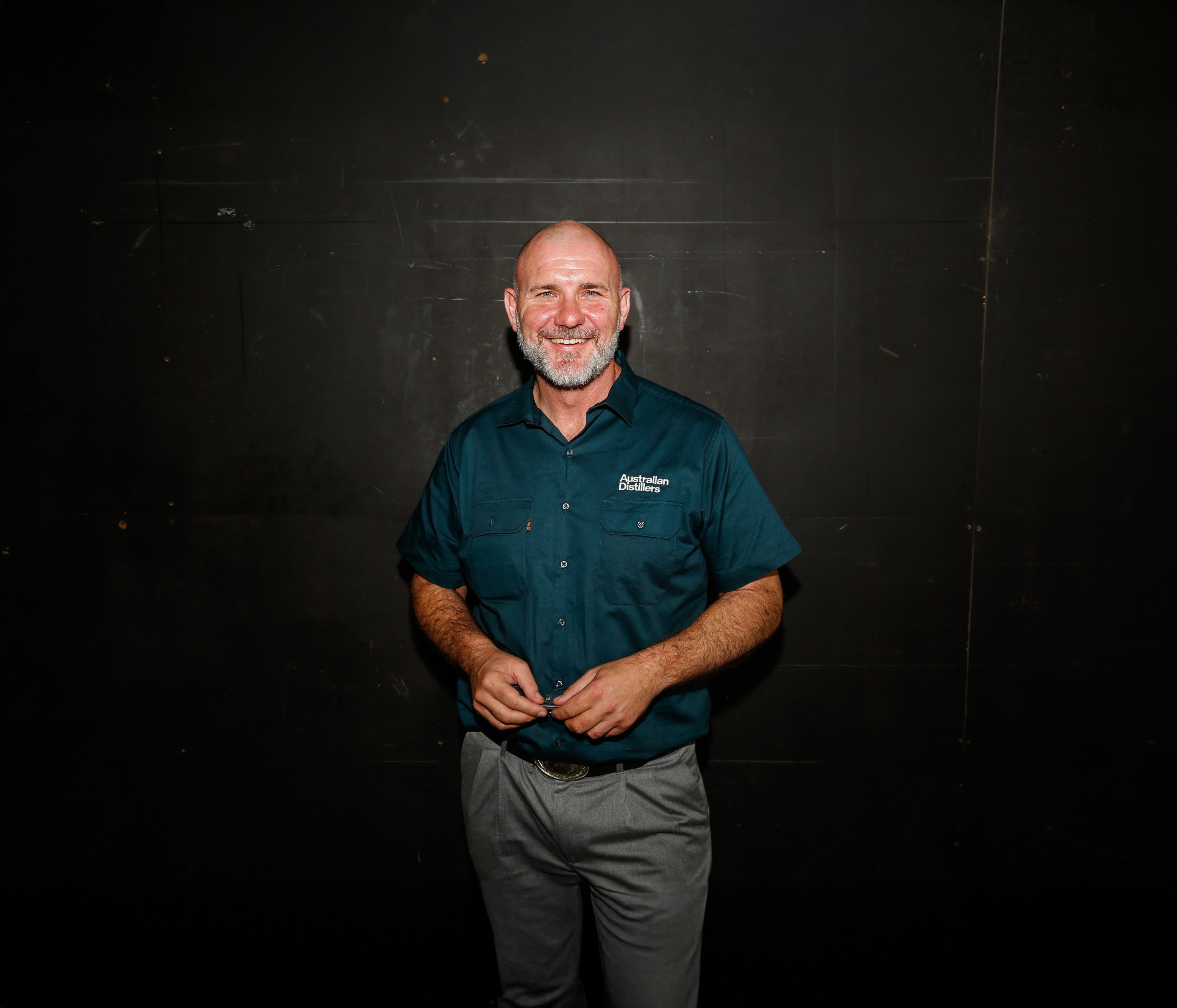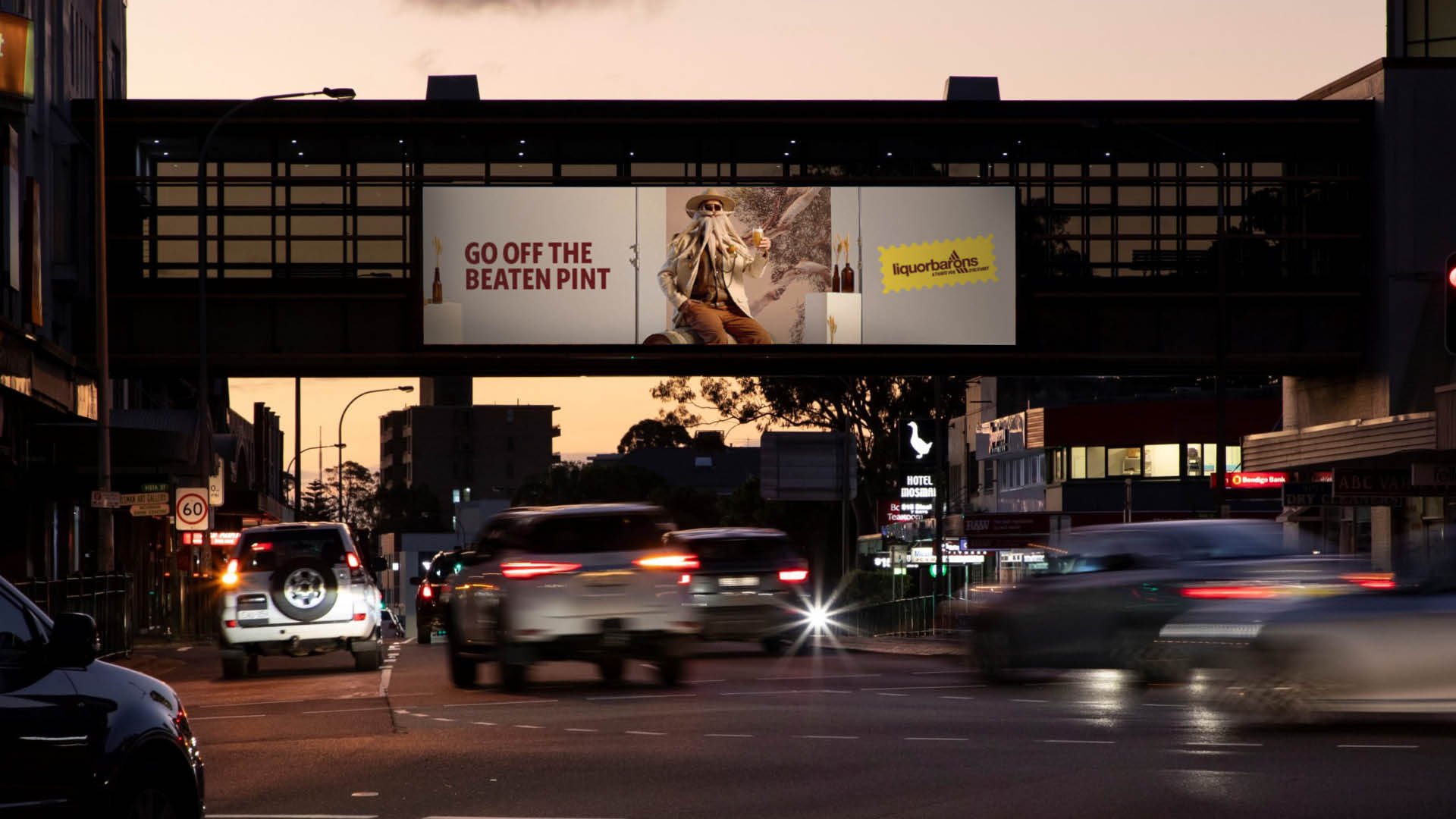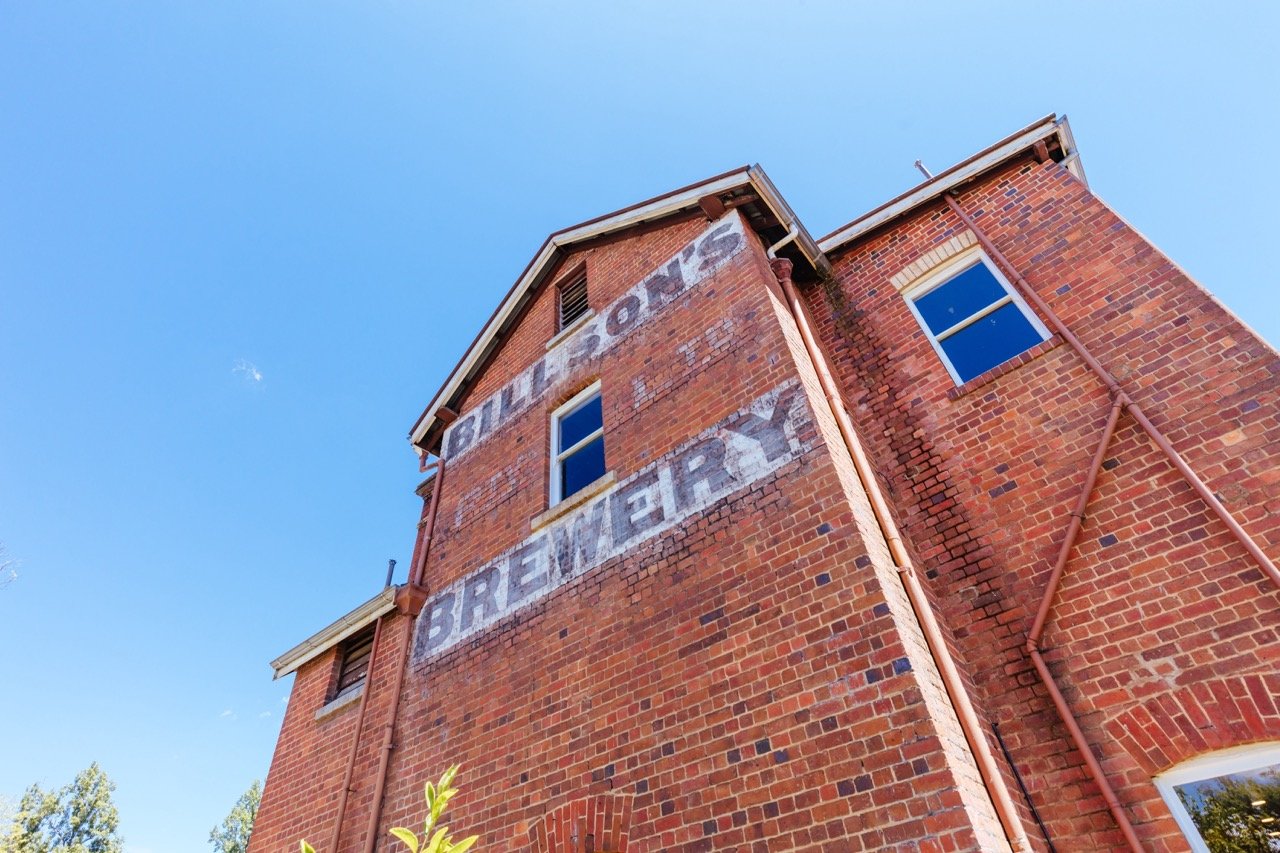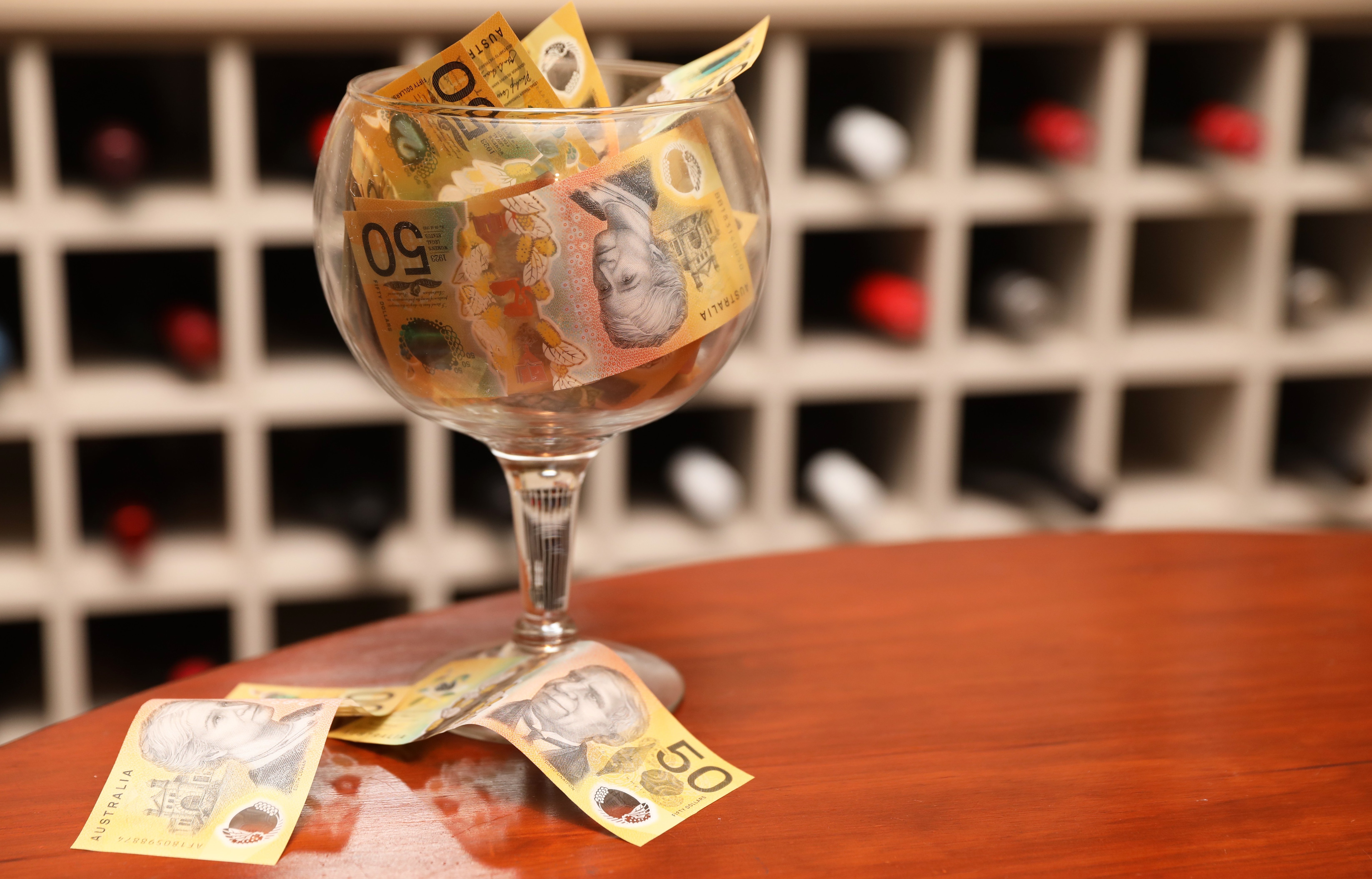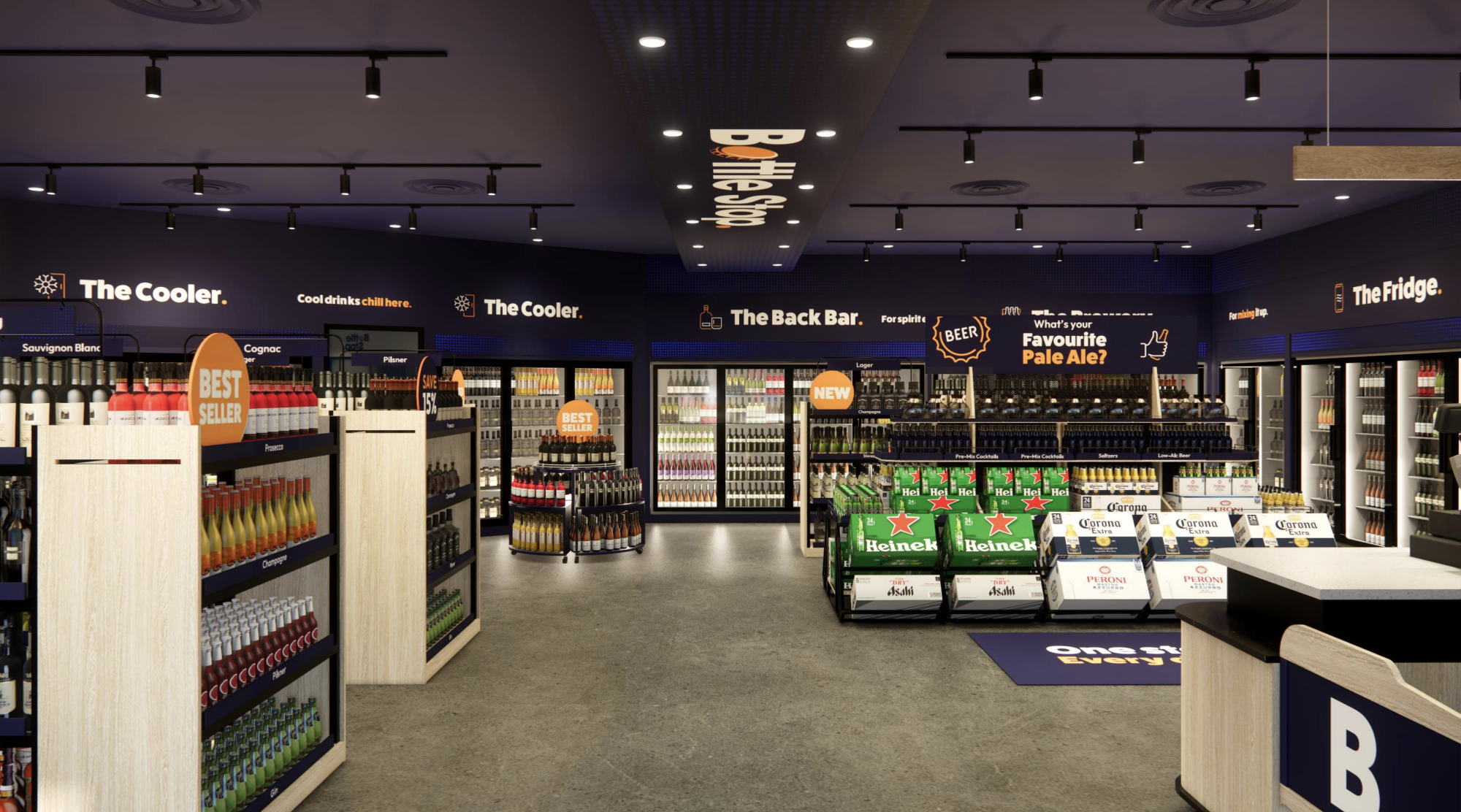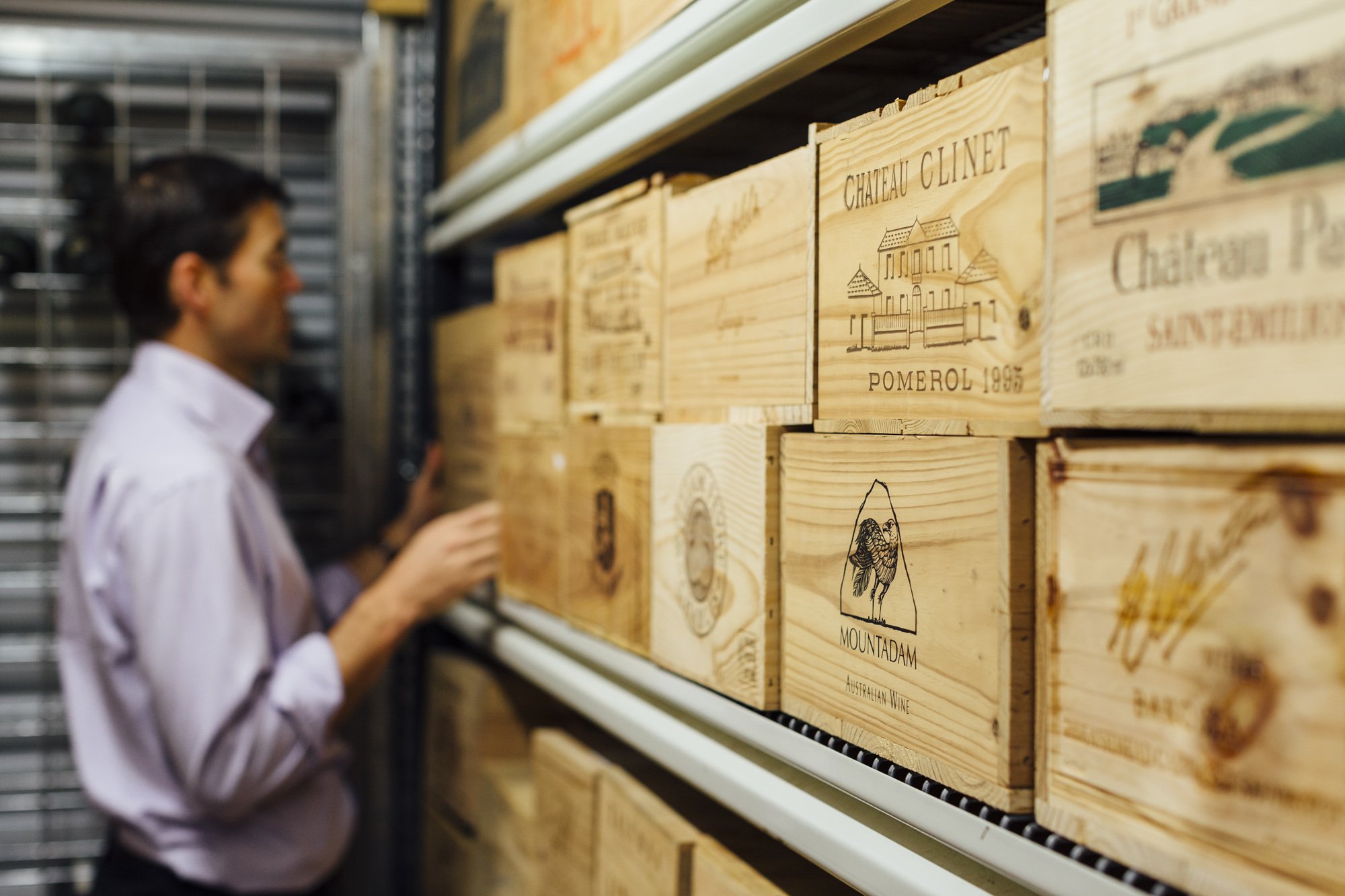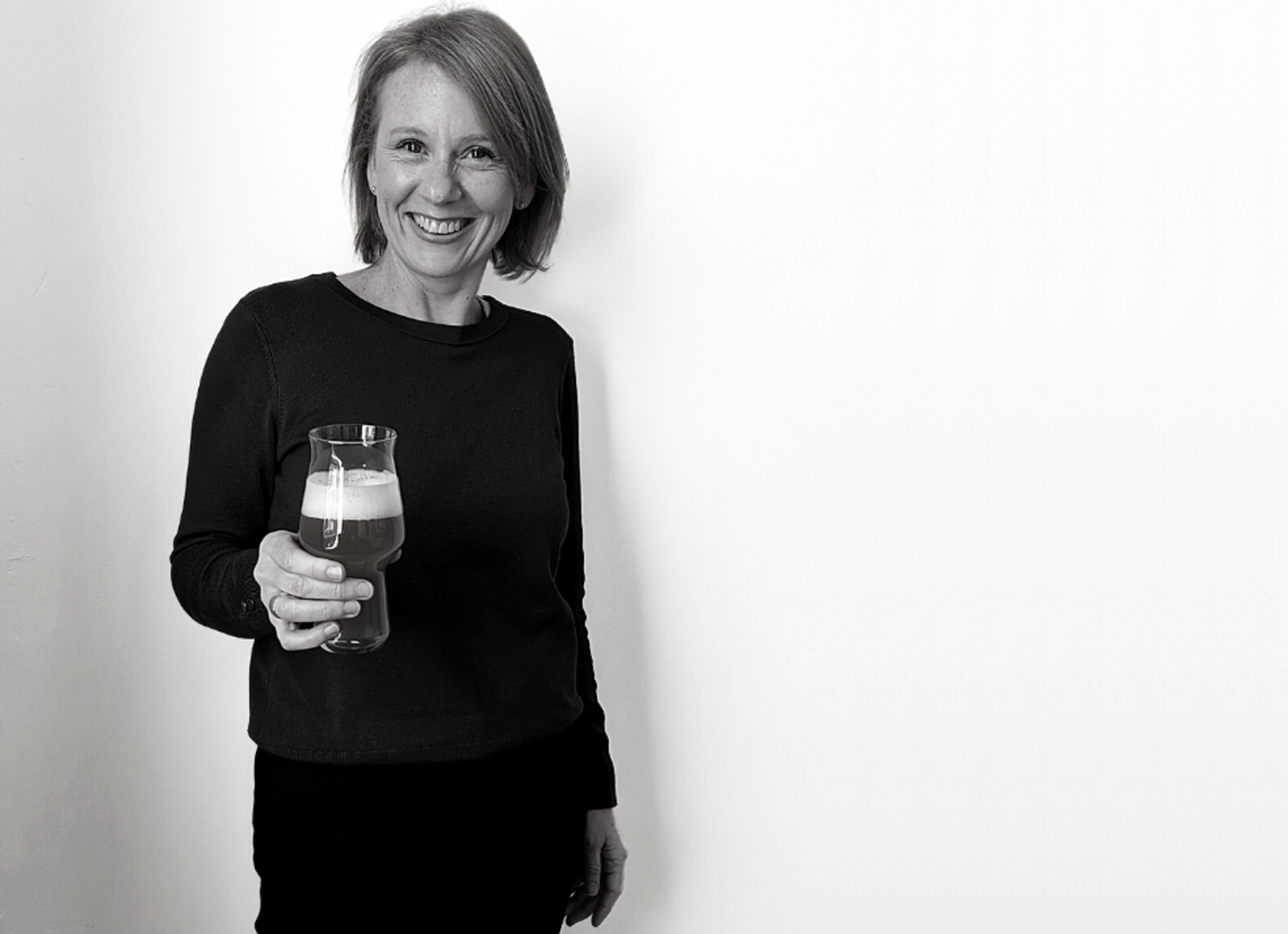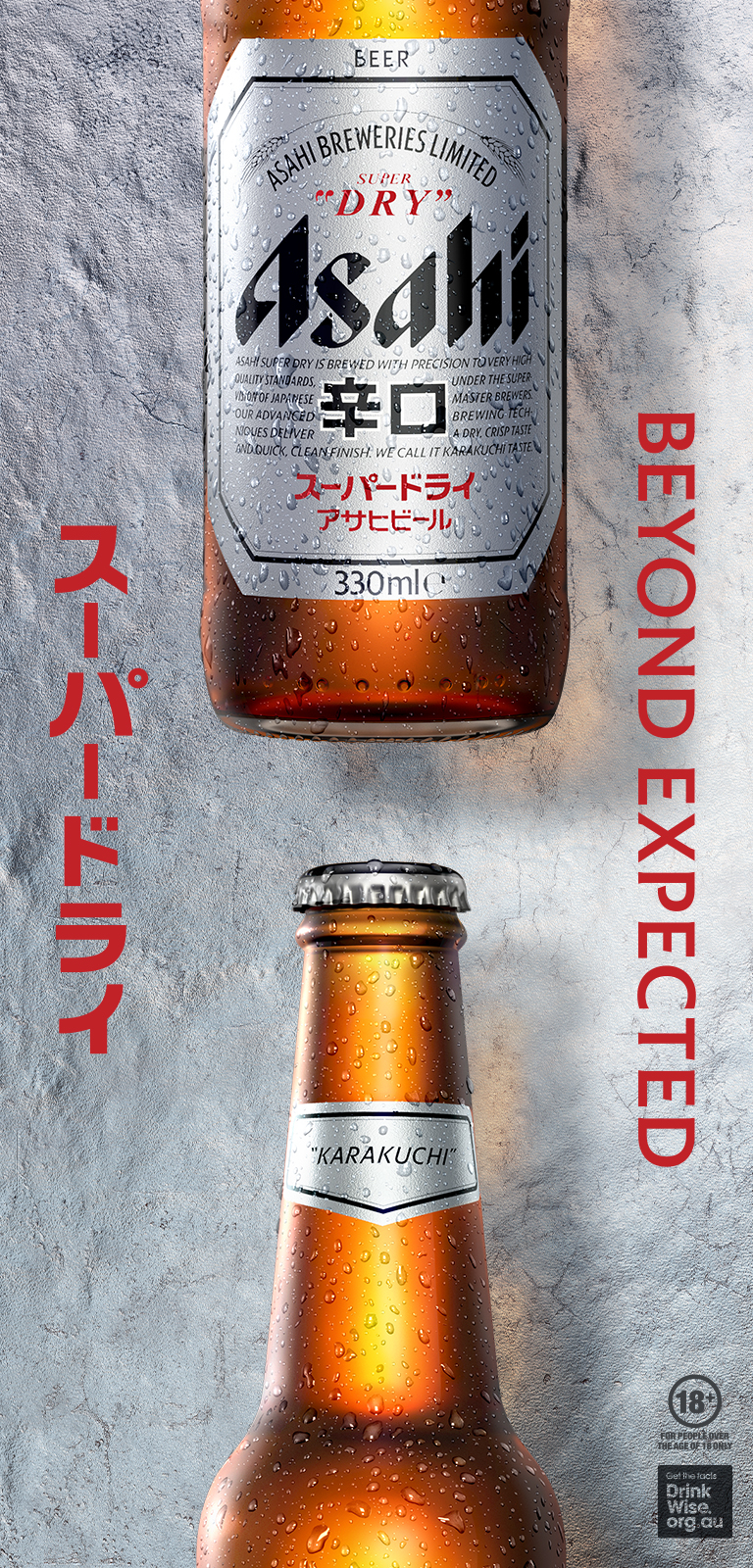Last month, Gimlet at Cavendish House swept up at Australia’s Wine List of the Year Awards 2024, taking out Best Wine List VIC, Australia's Best Restaurant Wine List - City, and Sommeliers' Choice Award alongside winning the top national prize.
Additionally, as the sommelier responsible for curating the winning wine list, Gimlet’s Head Sommelier Anthony Pieri was named recipient of the prestigious Judy Hirst Award for 2024.
Drinks Trade caught up with Anthony to discuss Gimlet’s recent win and to ask his advice on composing a winning wine list.
Drinks Trade: What are some of the most common errors made when crafting a wine list?
Anthony Pieri: Ego, I think the ego gets in the way of a lot. I think if you want to write a great wine list - whether it's 7,000 references or 50 - you have to pay really close attention to who you're at service to/who you're writing this for; and it's not you. You're not writing it for yourself/for your clients, but for your people. So pay really close attention to your people. Find out what they like/what they are asking for/what they need. Also, what does the cuisine call for/what is the restaurant like?
Get a vibe, get a feel, and then write the list for that. Always be sympathetic to the food, always be sympathetic to the venue… There are wines that I love to drink that are not on the Gimlet list because they just don't matter. I wouldn't put those wines on our list because the customers aren't asking for it.
DT: How do you structure the wine list at Gimlet?
AP: It's obviously not clinical, so I couldn't tell you that it's 73% local Pinot Noir and the remainder X, Y, or Z… It vacillates. Occasionally, we'll be local Pinot heavy and then, you know, the tide will go out and we'll focus on aromatics, such as we are now/things that are very seasonal.
And then with discoveries, there's not a recipe. There's a team of eight of us, so we're always investigating, keeping our ear to the ground, and things like that. It's quite organic in every way, to be perfectly honest.
DT: We’re in a cost of living crisis at the moment… How do you approach pricing and value on your wine list?
AP: I'm a huge believer that anything worth having is worth paying for, so if I find something that is delicious and has all the components of a great wine but it's going to cost our guests $275, I need to stand behind that dollar amount as representing value based on what we know about the wine. I'm not scared of high prices, but I always try and make sure that there's value in every category.
DT: What’s your approach to balancing recognised brands with smaller producers?
AP: I'm a huge believer in the small guy. I'm a huge believer in making sure we find lesser known or producers just starting out that are doing incredible things and making delicious wine, and then making sure that we're paying them a fair price and that we're finding a win-win for both of our businesses and getting their wine to market on a list that is, you know, maybe capturing more eyes than most others, especially at the moment.
DT: How do you moderate a wine list’s size while still checking all the boxes?
AP: Sometimes you just have to choose. You have to choose or you vacillate. I must stress that it's not clinical. At Gimlet, for example, if we have, say, five oaky Chardonnays and we find ourselves suddenly with five oaky Chardonnays and they're all $250, well, somebody hasn't done their job there, but that's a great training tool. Like okay, how did we get here? Let's make sure that never happens again. Show and demonstrate the why and then give your team tools to change it. Then find two oaky Chardonnays from two different areas of provenance that have two different price points to satisfy the guests that are looking for an oaky Chardonnay on a Wednesday that's under a hundred bucks or an oaky Chardonnay from the classic French wine growing region that's Grand Cru and they're willing to pay $2,000 for it.
DT: How do you balance your by-the-glass wine list?
AP: I must admit that by-the-glass is generally a bit more clinical. By-the-glass needs to make sure that the thousands of people that we're serving a week are adequately satisfied with a limited number of resources. I can't, I don't have, and I never will have 150 wines by the glass: it's just not what we do; but I need to make sure that the styles that the guests are asking for are satisfied there, and so it's a little bit more clinical.
That being said, we're really excited about the Coravin program (and of course, we don't say Coravin or anything). We've doubled our by-the-glass program, and we've been doing this for three years now.
DT: How and where do you discover new wines? Is it mostly trade shows or elsewhere?
AP: I'm actually kind of famous for being quite shy, so I don't like going to events and things like that… I don't like small talk, but I always keep my ear to the ground. I'm always looking and making sure that I'm talking to the right people and making sure that I'm looking in different markets as well. So making sure that I'm paying attention to what's happening in Sydney, Adelaide, Perth, but also what's happening in London, Cape Town, New York, San Francisco; and I think that really has proved dividends for me because I'm ahead of that curve.
DT: What makes Gimlet’s wine list the best in Australia?
AP: It's bizarre. After the ceremony everybody came up to me and the said, Gimlet is so amazing, you guys are great; or every time I go to Gimlet, it's the same people; or every time I go to Gimlet, you know what I wanted/you’ve already bought a wine (we private purchase for guests)… Everybody was talking about the people, and the experience, and the vibe, and the energy, and the team, and the somms, and I think it's the collective whole of how Gimlet makes you feel, and then we pour in your glass something delicious, and voila, here we are.
We're proud of the offering: I don't want to diminish our pride in what we offer. Like verticals of Selosse Champagne or a page dedicated to the vanguardists of the Champagne movement. You can have Champagnes that have been imported into Australia in a suitcase; very rare kind of fun things. There's also a very concise but effective collection of those Burgundy wines that everybody fetishises for some strange reason, alongside vertical deep cellars from here in Victoria as well like Yarra Yering.
So the offering is certainly there, and is able to offer our guests something unique and dynamic and interesting and affordable and fun that gives them a sense of adventure. We know that's all there, I get it, but the X factor? The X factor is the people.
DT: Does having such a broad wine list necessitate more experienced staff/more staff training?
AP: Let me make one thing super clear: your people are your most important asset. I don't care if that sounds cliche. I don't care if that's what you read everywhere… You need to light the fire within people, not under them.
If you can empathise and understand and make sure that you're recruiting well and training well and developing well and showing people new things and then holding them accountable, the dividends far exceed any sort of wine list that you can write or anything like that. The person that's holding that bottle and bringing it to the guests, if they have the fire lit within them, the opportunities are endless.
I could waffle on for hours about how I find small producers and how we talk and how we engage in the industry and how they go to tastings. It's all kind of irrelevant unless you have really strong, dedicated, educated, humble people pioneering and flying that flag every single day.
DT: Do you have any advice for emerging somms and wine professionals?
AP: I can give one piece of advice to younger sommeliers that really want to break into this industry: unfortunately, you're going to have to work really hard. That means getting up an hour early and studying, getting done with work and studying, learning, making sure that you're keeping your eyes and ears open and your mouth shut. I think that's sometimes the best way, because you can learn a lot from people without being taught. Just pay attention.
Then you need that practical knowledge as well. So I found the WSET line of study really beneficial because it asks a little bit more about the why, whereas CMS [Court of Master Sommeliers] is always asking about the what. They want to know dates, varieties, soil types, things like that.
But I'll tell you, I've learned so much more by making my own mistakes - I've made lots and lots of mistakes - and learning and watching what works for other people. You know, paying attention to my boss and asking, what would you do there? Why did you do it this way? Teach me how I do it like this. I have a question about this… Always be in that student mentality.
It’s about always being in the mentality that you've got something to learn.
Share the content
